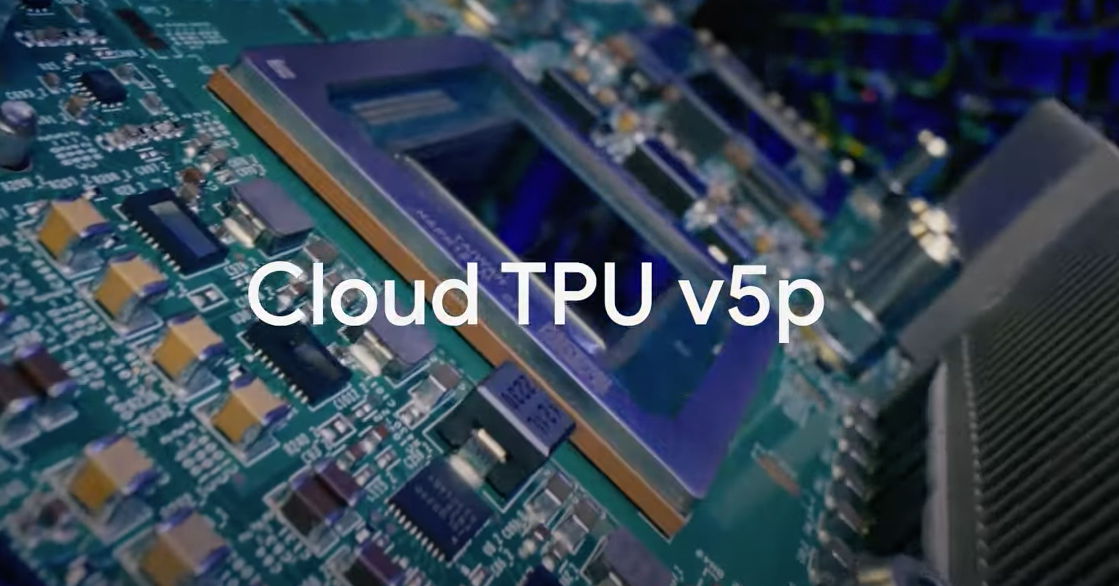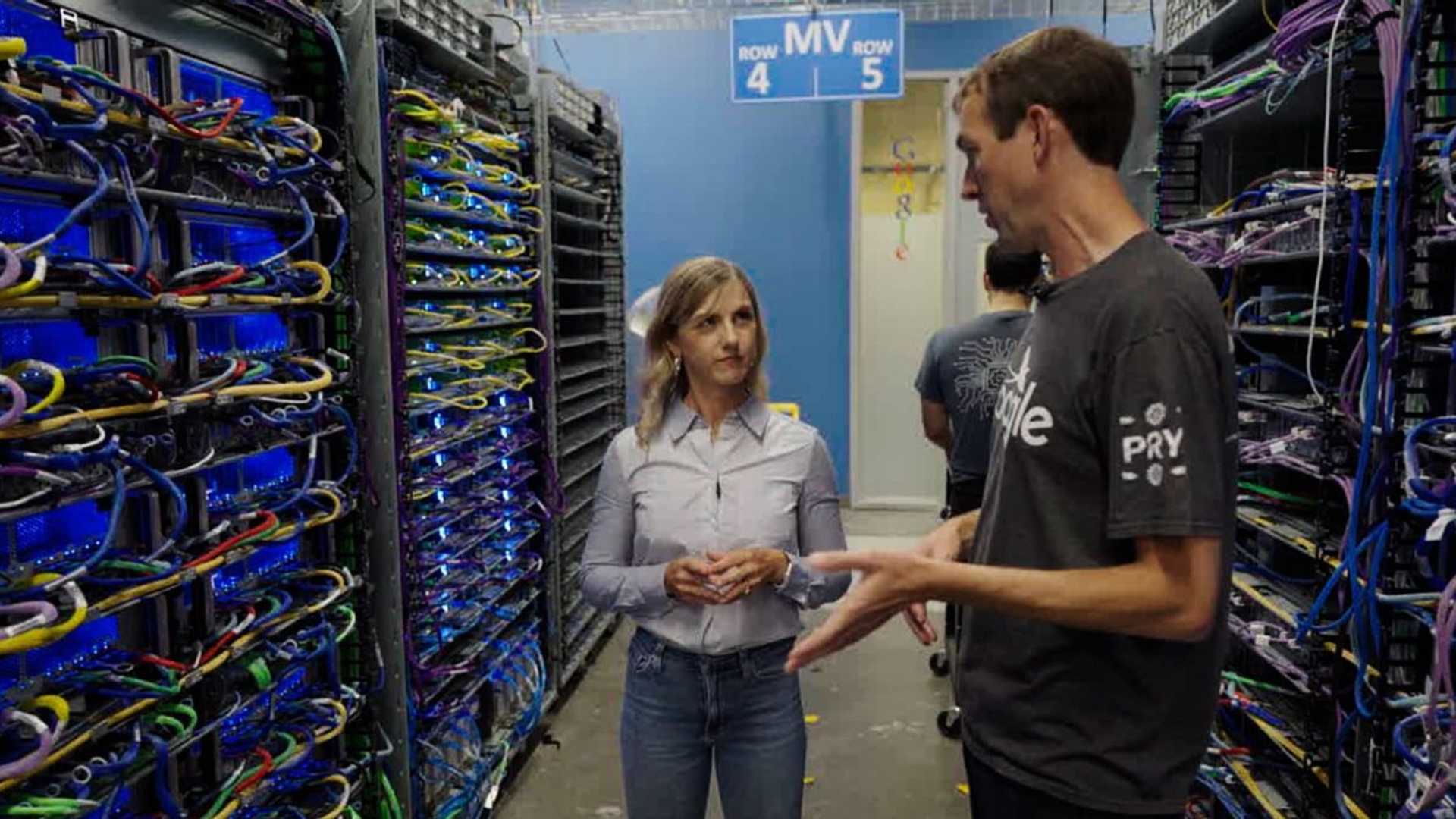How Google makes custom chips used to train Apple AI models and...
Inside a sprawling lab at Google headquarters in Mountain View, California, hundreds of server racks hum across several aisles, performing tasks far less ubiquitous than running the world's dominant search engine or executing workloads for Google Cloud's millions of customers. Instead, they're running tests on Google's own microchips, called Tensor Processing Units, or TPUs. Originally trained for internal workloads, Google's TPUs have been available to cloud customers since 2018.

Google's Custom AI Chips
In July, Apple revealed it uses TPUs to train AI models underpinning Apple Intelligence. Google also relies on TPUs to train and run its Gemini chatbot. Google was the first cloud provider to make custom AI chips.
Google's TPU Dominance
Google TPUs still dominate among custom cloud AI accelerators, with 58% of the market share, according to The Futurum Group. Google coined the term based on the algebraic term "tensor," referring to the large-scale matrix multiplications that happen rapidly for advanced AI applications.

Google's Collaboration and Partnerships
Since the first TPU, Google's partnered with Broadcom, a chip developer that also helps Meta design its AI chips.
Challenges and Future Developments
The AI boom has sent Nvidia's stock through the roof, catapulting the chipmaker to a $3 trillion market cap in June, surpassing Alphabet and jockeying with Apple and Microsoft for position as the world's most valuable public company. Google's sixth generation TPU, called Trillium, is set to come out later this year. The process is so complex and costly that even the hyperscalers can't do it alone.

Geopolitical Considerations
When asked if Google has any safeguards in place should the worst happen in the geopolitical sphere between China and Taiwan, Vahdat said, "It's certainly something that we prepare for and we think about as well, but we're hopeful that actually it's not something that we're going to have to trigger." Protecting against those risks is the primary reason the White House is handing out $52 billion in CHIPS Act funding to companies building fabs in the U.S.




















